
Physical Activity Can Literally Keep Your Body Young in Old Age, Studies Say

Ageing is a natural process that humans and in fact all forms of life undergo, but if you think that you have little to no control over the ageing process, think again. Even though ageing is an inevitable phenomenon in the life cycle of humans, the way in which our bodies respond to this process is different, varying from person to person, and regular exercise or activity can help slow down the dreaded process.
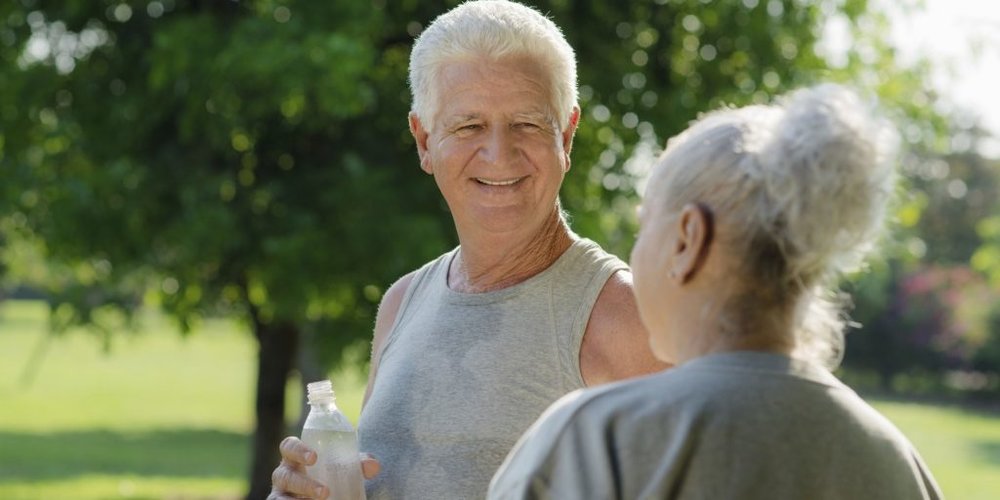
Adults aged 65 and above who have no health issues that might their mobility should exercise for at least 150 minutes of moderate physical activity such as swimming and walking in a week.
Adults and Exercise
In the west, it is not common for adults to exercise regularly with the total number of adults above the age of 65 who exercise regularly amassing to only about 15 percent on average, with 13 percent being women and 17 percent men. Scientists have been particularly interested in this age group of adults to determine the role of exercise in the ageing process and a group of British researches decided to study a group of elderly adults that were engaged in regular physical activity.
The researchers were able to recruit numerous elderly cyclists between the age of 55 and 80 who had been engaged in non-professional cycling for the past few decades and were still actively cycling over 600 kilometers a month. The first findings of this research were published by the researchers in 2014.
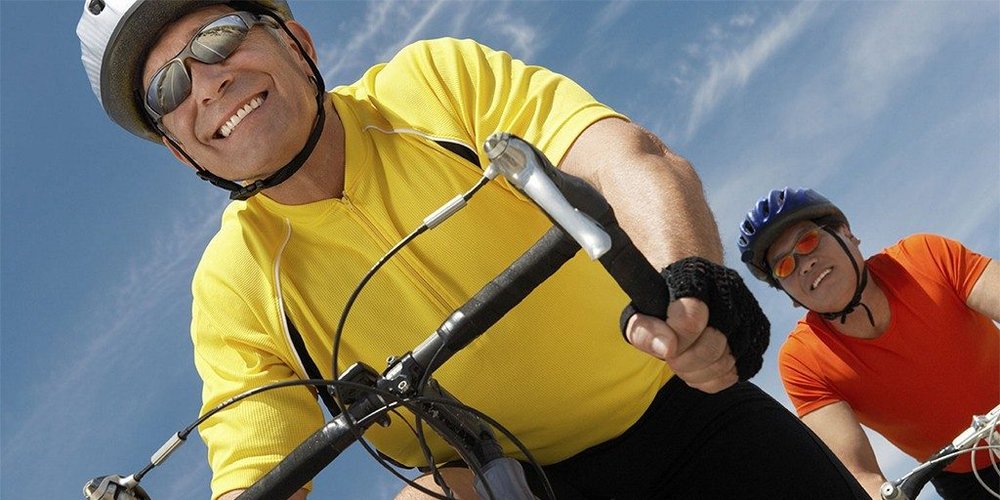
Exercise and Aging
During the study conducted by researchers, they quantified numerous physical and cognitive abilities of the cyclists whilst also comparing the findings against the abilities of similarly aged individuals along with people much younger in age. In the research findings it was deduced that the physical and cognitive abilities of the elderly cyclists resembled very closely to those of 30-year-old individuals. Due to the broadness of this study and lack of specifics, this research eventually posed more questions than it answered which led to new studies that focused specifically on immune system, T-cells, and muscles to provide conclusive evidence.
In the recent, new studies, one groups of scientists studied the cyclists’ muscle tissue that had been biopsied from the leg muscles of more than 90 cyclists in the earlier study while a second group of scientists focused on the immune systems of riders by collecting their blood samples for further studies. With data gathered from both studies, it was concluded that the older cyclists were in fact much different than other people in their age group; they were much fitter, healthier and yes, biologically younger.
Exercise and our body
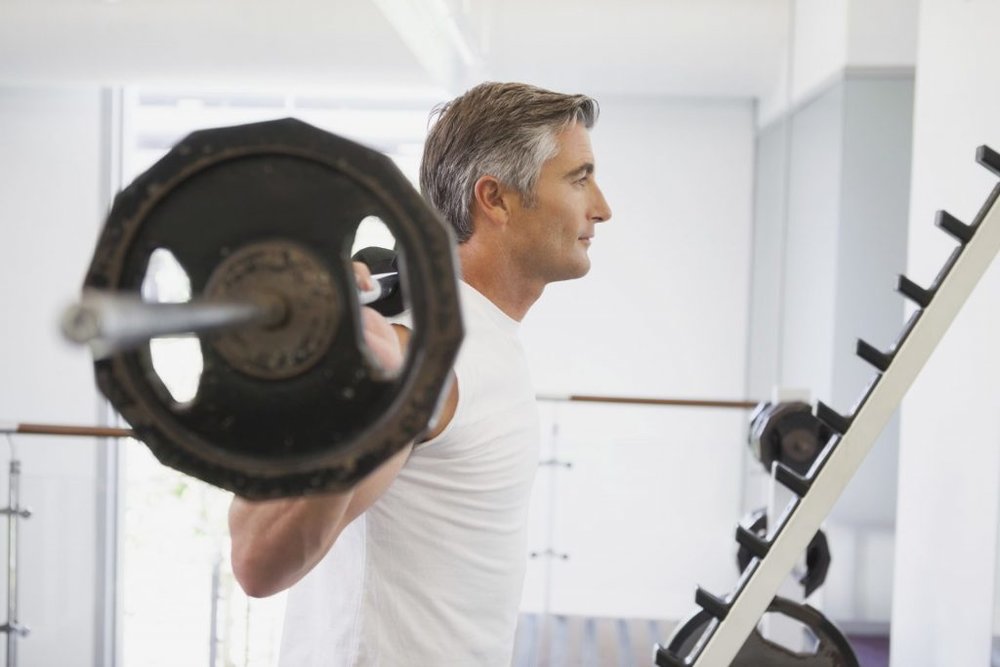
The studies don’t tell us conclusively if these results could be achieved if one starts regular physical activity in the latter part of their life.
In the research findings compiled by the two groups, it was revealed that the elderly cyclists’ muscles had maintained their size and fiber configuration along with other quantifiable pointers of good health. It is worth noting that the cyclists who clocked the most miles per month were the healthiest in the group and maintained the healthiest muscles of all, regardless of their age.
In the case of inactive elderly people, the number of T-cells in their bodies (cells vital in fighting infections in our system) was comparatively low and the production of these cells was also very sluggish. The Thymus glands, which are responsible for producing hormones and help keep a hormonal balance in our bodies, were also found to be small and shrinking in size in the case of inactive older people. By comparison, the elderly bikers had very healthy immune systems with the number of T cells in their bloodstream matching those of young individuals along with soaring levels of other immune cells that combat autoimmune reactions.
Scientists have concluded that muscles and muscle mass play a key role in this study, since muscles do produce one of the hormones which prevent the thymus from shrinking. This means that a higher muscle mass equals high production of hormones that protect the body’s immune system. These studies however are deficient in the sense that they focus solely on one form of activity and that too on a recreational basis which means that the study is not conclusive in determining if other forms of exercise would yield similar anti-ageing results whilst focusing on lifelong cyclists.
More in Fitness
-
`
Does Mushroom Coffee Help You Lose Weight – Or Is It Just Hype?
Mushroom coffee has quickly become a buzzword in the wellness world, with enthusiasts praising its unique flavor and supposed health benefits,...
August 23, 2024 -
`
Looking to Work Out After Getting Tattooed? Here’s What You Should Know
Getting a new tattoo is exciting. But if you are a fitness enthusiast, you might be wondering, how long after a...
August 16, 2024 -
`
How to Lose Weight and Maintain Muscle
When aiming to shed excess fat while preserving muscle, it’s essential to strike a balance between cutting calories and sustaining physical...
August 8, 2024 -
`
6 of the Richest Female Rappers in the World
Who is the richest female rapper in 2024? Well, the hip-hop world has seen a surge in powerful female voices who...
July 29, 2024 -
`
Does Insurance Cover Physical Therapy?
When it comes to physical therapy, a common question arises: Do you use health insurance for physical therapy? Well, navigating the...
July 25, 2024 -
`
Does Coughing Work Your Abs? Here’s All You Ought to Know
When it comes to unexpected ways to engage your core, you might find yourself asking: Does coughing work your abs? The...
July 19, 2024 -
`
How to Prepare Rice Water for Weight Loss – Benefits and Uses
Rice water isn’t just a staple in traditional remedies—it’s a powerhouse of benefits for health and beauty. From treating diarrhea to...
July 12, 2024 -
`
Amanda Bynes Pregnant at 13? Debunking the Rumors
In recent years, the internet has been ablaze with rumors surrounding former child star Amanda Bynes, particularly regarding allegations of a...
July 1, 2024 -
`
Can Baking Soda Clean Your Lungs?
Years of inhaling cigarette smoke, pollution, and other toxins can leave you longing for a way to cleanse your lungs. The...
June 27, 2024


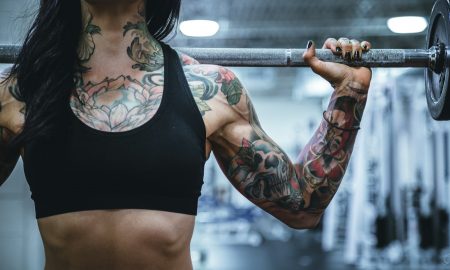
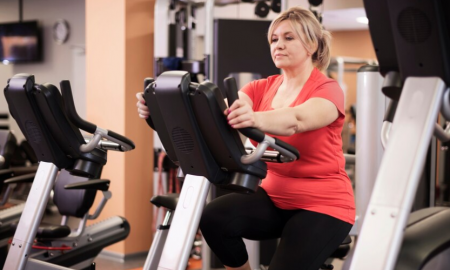

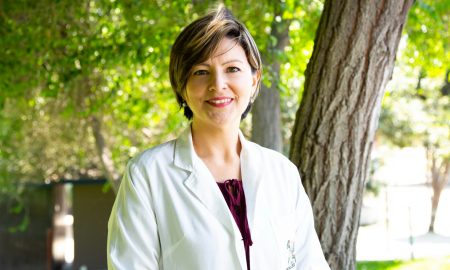

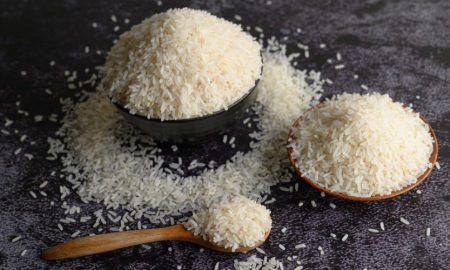



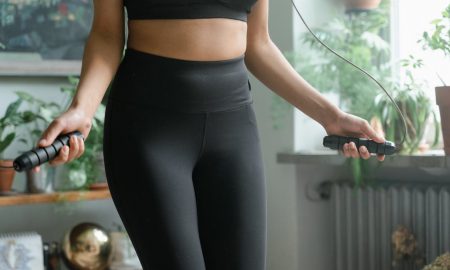



You must be logged in to post a comment Login